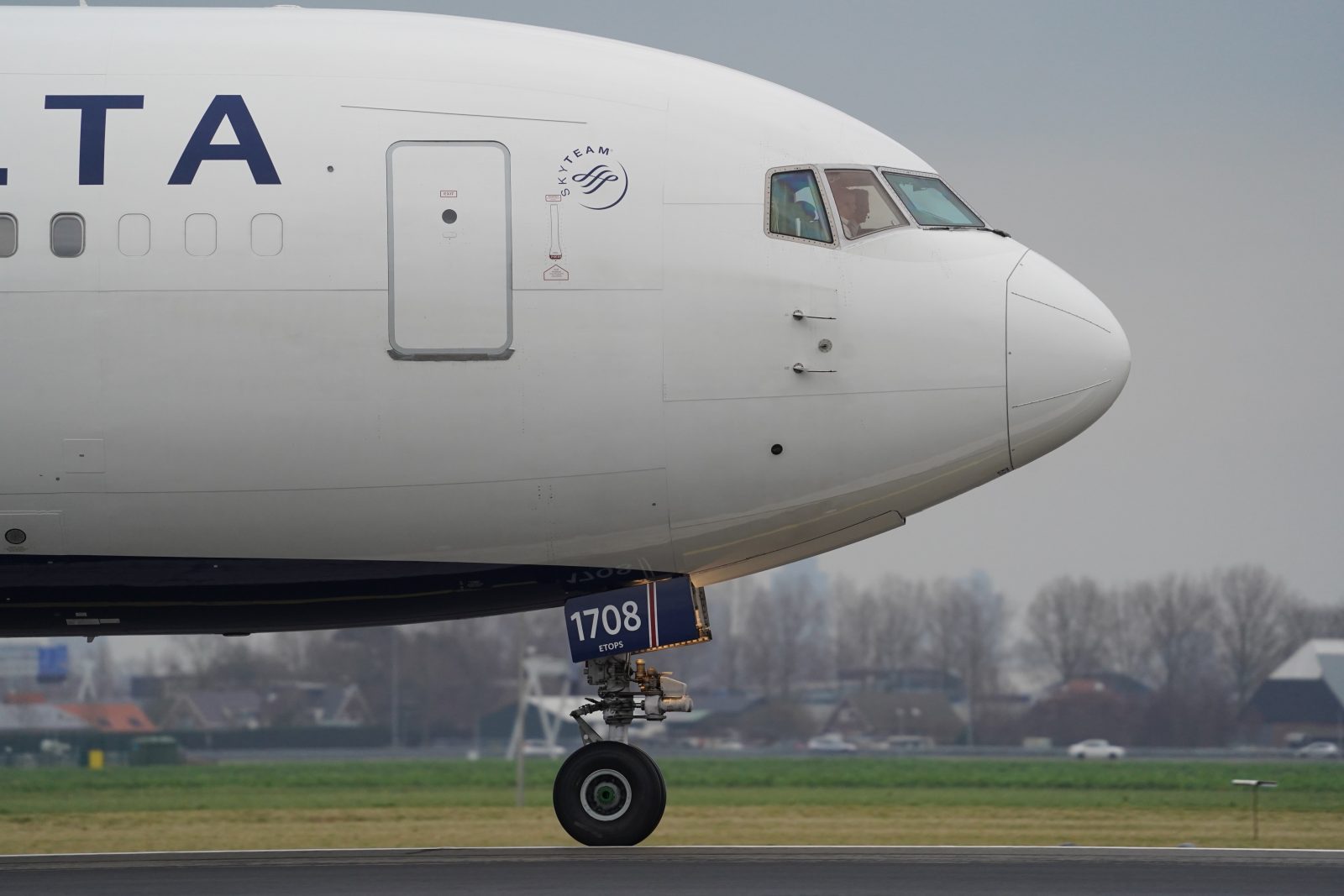
The Federal Aviation Administration (FAA) has proposed a massive $52,500 civil penalty against a Delta Air Lines passenger who attempted to break into the flight deck on a recent flight from Hawaii to Seattle and then assaulted a flight attendant on two separate occasions.
The fine is by far the largest civil penalty proposed by the FAA since the agency took a zero-tolerance ‘one strike and you’re out’ approach to disruptive passengers and anti-maskers.
The incident took place on December 23, 2020, during a flight from Honolulu to Seattle when the passenger tried to open the flight deck door. The passenger allegedly refused to comply with crew member instructions and then struck one flight attendant in the face before pushing him to the floor.
The perpetrator charged at the flight attendant when he tried to restrain him but with the help of other passengers, he was subdued and placed into plasticuffs. Later on, the passenger managed to break free from the handcuffs and struck the flight attendant in the face a second time.
The FAA did not provide further details about the passenger or what caused his meltdown in the first place. Upon landing, he was taken into custody and the civil penalty is in addition to any criminal charges he might face.
Also on Monday, the FAA said it was proposing smaller civil penalties against three other passengers for causing onboard disturbances and refusing to wear face masks. In one case, a Southwest passenger faces a $27,000 fine for shouting disturbing threats during the flight including that he had a bomb and that we would kill someone.
The flight from Phoenix to Chicago was forced to divert to Oklahoma so that the passenger could be removed by law enforcement.
In another case, a jetBlue passenger faces paying a fine of $18,500 for repeatedly drinking his own alcohol onboard and refusing to wear a face mask. In the third case, an Allegiant Air passenger has been fined $9,000 for refusing to wear a face mask and screaming at flight attendants who told her to mask up.
“Federal law prohibits interfering with aircraft crew or physically assaulting or threatening to physically assault aircraft crew or anyone else on an aircraft,” the FAA said in a statement. “Passengers are subject to civil penalties for such misconduct, which can threaten the safety of the flight by disrupting or distracting cabin crew from their safety duties.”
“The FAA is strictly enforcing a zero-tolerance policy toward passengers who cause disturbances on flights or fail to obey flight crew instructions in violation of the FAA’s regulations or engage in conduct proscribed by federal law.”
The zero tolerance policy was introduced in January and was recently extended to September 13 – the same date the federal face mask mandate is due to expire.
U.S. airlines have reported more than 1,300 unruly passenger incidents to the FAA since February – in a normal year, the FAA would only receive between 100 and 500 reports. The agency says it has identified at least 260 incidents that will require enforcement action.
Related
Mateusz Maszczynski honed his skills as an international flight attendant at the most prominent airline in the Middle East and has been flying ever since... most recently for a well known European airline. Matt is passionate about the aviation industry and has become an expert in passenger experience and human-centric stories. Always keeping an ear close to the ground, Matt's industry insights, analysis and news coverage is frequently relied upon by some of the biggest names in journalism.








It seems to me that these penalties are far too modest. Assaulting someone, whether it’s a FA or anyone else is a criminal act and the person should be considered for jail time. Also, any action that causes a flight to divert should be punishable at least by the airline’s direct costs incurred plus a per passenger inconvenience fee. In other words, it’s a 6 figure sum minimum.
Although the FAA didn’t say whether the passenger faced criminal charges, the civil penalty is in addition to any criminal charges that could be filed by law enforcement.